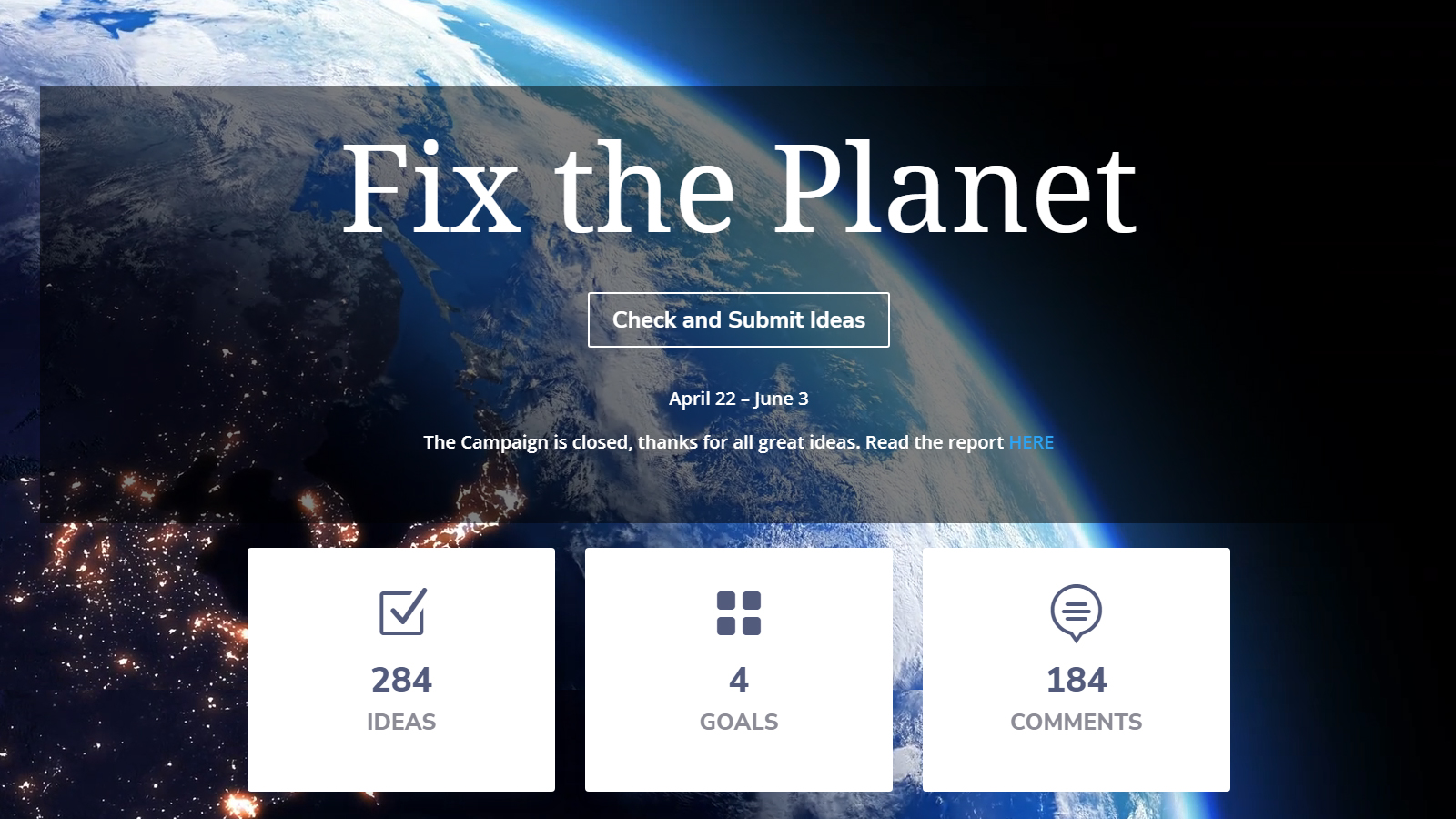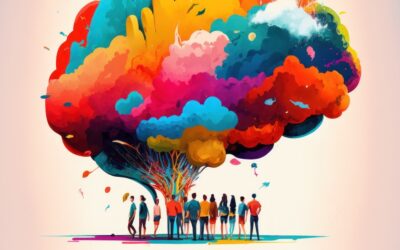Innovation examples – Fix The Planet
‘In 2019, Innovation360, in partnership with SAP and the UN, embarked on an ambitious project presented as outstanding innovation examples. We used Earth Day as a springboard to launch the global ideation campaign, Fix the Planet. By leveraging the capabilities of our Ideation360 platform, the campaign sought innovation examples that could help preserve our environment. The intent aligned with Earth Day’s theme, “Protect Our Species,” a call to shield not only wildlife but also humans.
Tackling Global Challenges with Innovation Examples
The Fix the Planet campaign used a robust idea platform to promote dialogue and innovation examples. Experts and non-experts joined forces, eager to confront the planet’s critical issues. Hosted on fix-the-planet.com, the campaign aimed to engage a million people and collect 5,000 ideas. Once the campaign concluded, the team analyzed the data and presented it to the United Nations, showcasing the problem-solving power of innovation examples.
Rising Climate Change: A Call to Arms for Innovation Examples
The One Planet Climate Summit unfolded on March 14, 2019. On the same day, Cyclone Idai lashed Mozambique, serving a harsh reminder of climate change realities. The Intergovernmental Panel on Climate Change (IPCC) warns of a temperature surge beyond 1.5 degrees C in the coming decade. This rise poses threats to worldwide biodiversity and coastal cities. Therefore, the demand for innovation examples to tackle climate change and its far-reaching effects is global and urgent.
Ideation360: A Beacon for Innovation Examples
In 42 days, Fix the Planet gathered ideas related to four UN Sustainable Development Goals. The campaign addressed production and consumption, energy and emissions, ocean and marine life, and land and species. Through this structured approach, a significant number of innovation examples emerged. Innovation360 used AI tools and expert analysis to evaluate the wealth of ideas submitted, a testament to the non-linear ideation methodology.
Results Highlight Power of Ideation and the Ideation360 Platform
The campaign received 282 ideas from 2,000 participants across 65 countries, with energy and emissions and production and consumption receiving the most focus. This case were shared widely, creating engaging discussions online. The campaign proved that an ideation platform like Ideation360 could bring people together to solve large-scale environmental issues. Check out the full report at fix-the-planet.com to witness the transformative power of innovation examples.




